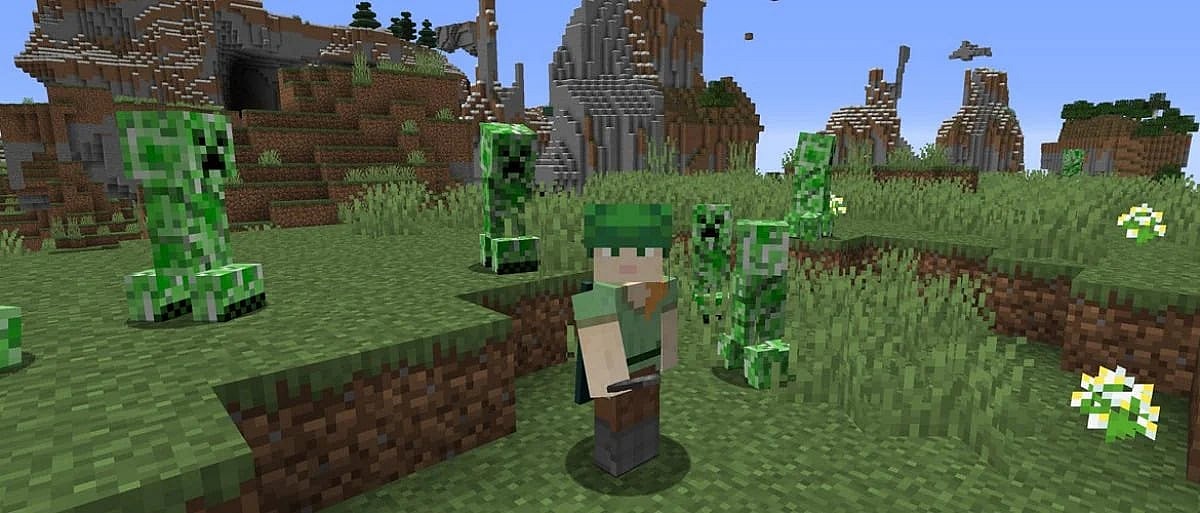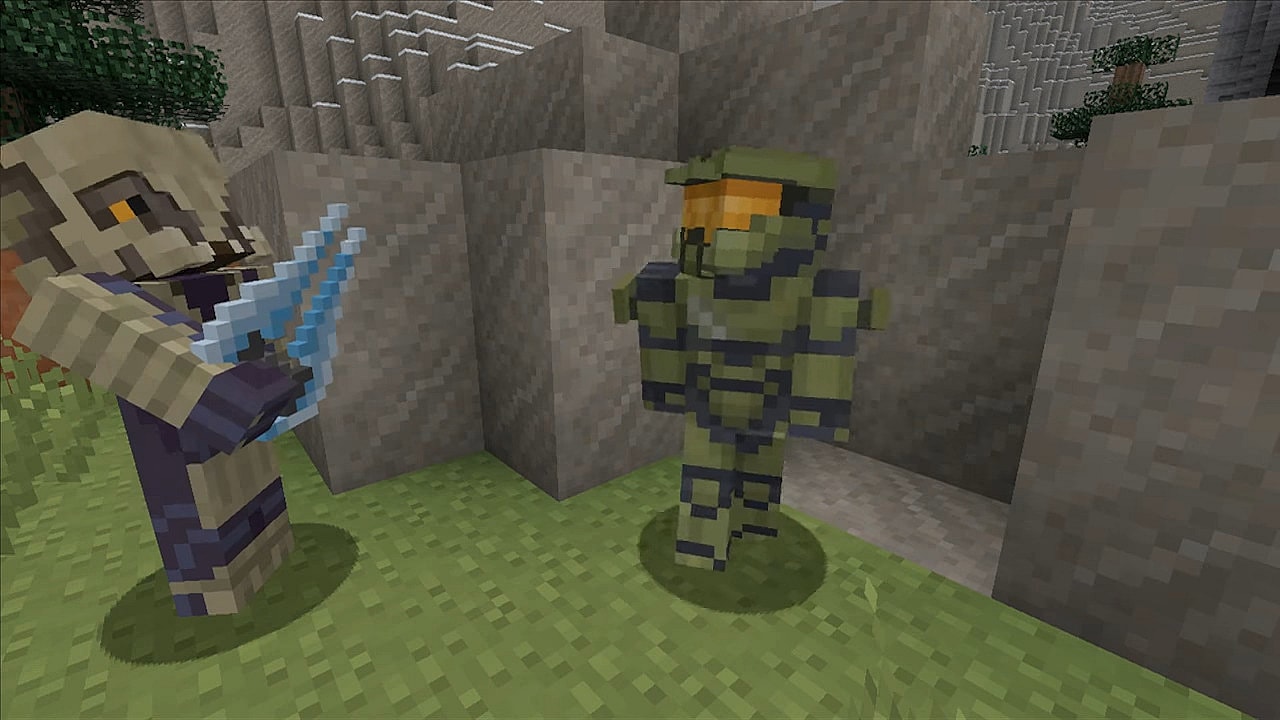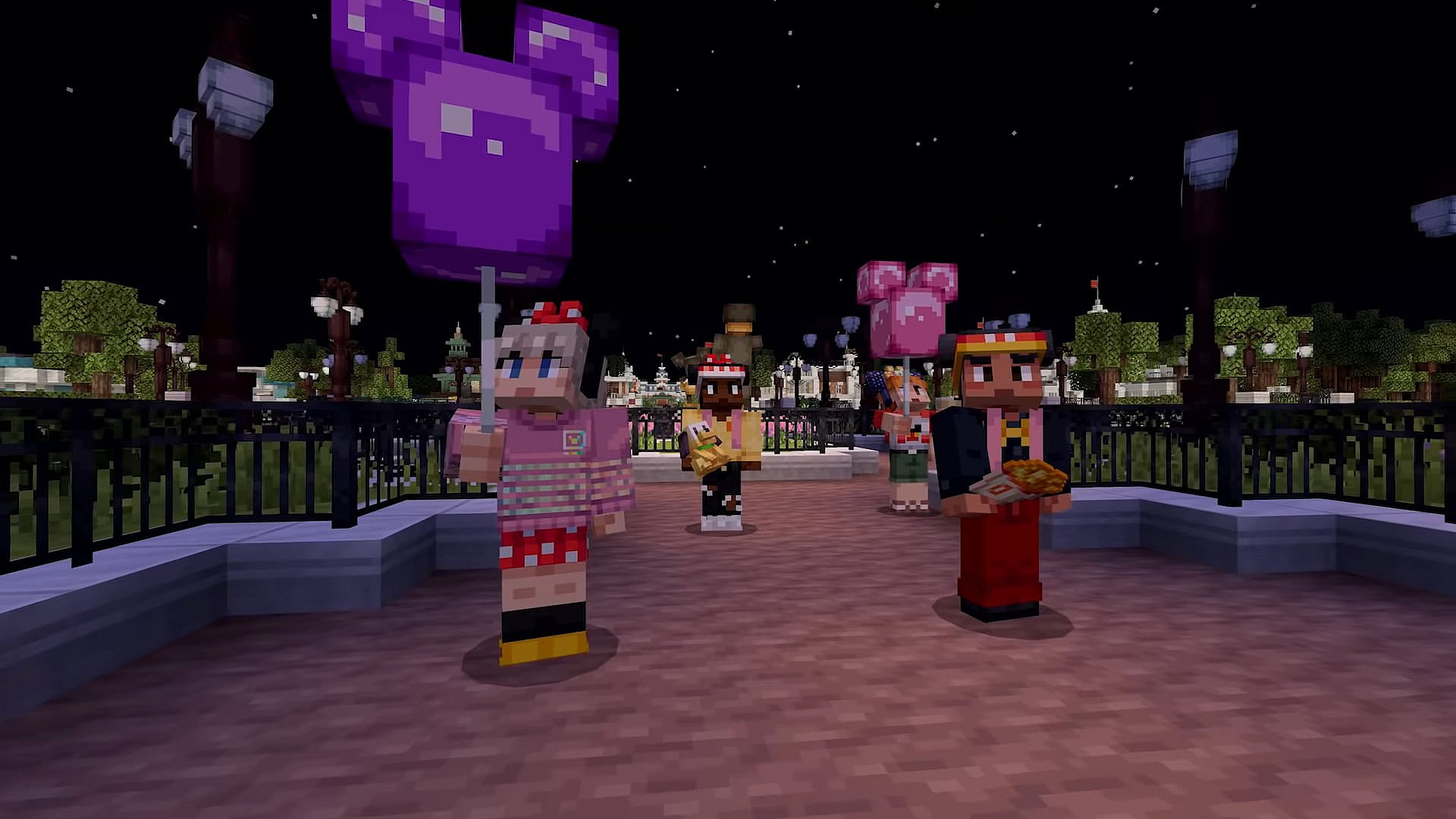Anti-Defamation League Proposes ‘Minecraft’ Should Examine Viability Of Player Verification And Global Blocklists To Counter “Hate And Harassment”

The Anti-Defamation League (ADL) have proposed Minecraft should consider the viability of “player verification and globally blocklisting” to combat hateful behavior.

As per the recently published “Breaking the Building Blocks of Hate: A Case Study of Minecraft Servers,” the ADL claims, “Despite its ubiquity as an online space, little has been reported on how hate and harassment manifest in Minecraft, as well as how it performs content moderation.”
The organization added, “To fill this research gap, Take This, ADL and the Middlebury Institute of International Studies, in collaboration with GamerSafer, analyzed hate and harassment in Minecraft based on anonymized data from January 1st to March 30th, 2022 consensually provided from three private Minecraft servers (no other data was gathered from the servers except the anonymized chat and report logs used in this study).”

Despite the arguably small sample size, not to mention using private servers rather than public ones, the ADL makes several claims “After examining chats and user reports from data provided by GamerSafer.”
In summation, they argue almost a fifth of offenders had “multiple actions taken against them during the data collection,” and that “Temporary bans proved to be an effective solution for reprimanding bad behavior,” being more effective than muting to reduce offending behavior.

“Servers with in-depth community guidelines were associated with more positive social spaces,” and “Server rules appear to matter more than moderation enforcement in shaping communication norms,” were other conclusions the league reached. They also posited hateful messages were 21% more likely to be for public chats, while sexually explicit ones were 9% more likely to be in private ones.
“The analysis further suggests hateful rhetoric has been normalized in gaming spaces,” the ADL claims. “The presence of slurs previously only affiliated with white nationalism and hate groups suggests the normalization of extreme language in gaming spaces. Sexually explicit language occurred 3x as often as hateful language.”

Based on their conclusions, the ADL made several recommendations. These included “increasing researcher access to data” along with watchdogs “to identify and address the challenges of hateful, harassing, and toxic behavior in spaces meant to have a positive social impact.”
They also recommend “Investing in content moderation efforts and robust community guidelines” with “Active, effective human moderation,” and “Additional research into content moderation and complementary tools and techniques.” The latter would include looking into “relative influences of robust server rules and high rates of staffing on levels of hate and harassment.”
In addition to “determining the long-term effects and aggregate of moderator intervention,” the ADL also seeks research into “impact of tools and techniques that enable player accountability and go beyond moderation, such as player verification and globally blocklisting players banned for severe harms. These measures can add responsibility and minimize reoffending.”

RELATED: Ubisoft To Promote UN Environmentalist Messages In Riders Republic With Wildfire Event
“This work highlights the importance of granting third parties access to in-game data. Allowing researchers access to unfiltered data, while still protecting user data privacy, can provide unprecedented insight into the interactions between users within gaming spaces, and more broadly, users’ interactions in online social spaces,” the ADL puts forward.
“Without this level of data transparency, the industry will neither be able to identify nor address the challenge of hateful, harassing, and toxic behavior in online gaming spaces.” Their proposal for global blocklists has already been somewhat answered, with a recent Java update for Minecraft introducing chat reporting.
However, this grants Microsoft the ability to ban players from private and public servers. As highlighted by private server owner JewelTK, fans are concerned it would be open to abuse; such as reporting someone for their behavior on a private server, even if other players aren’t bothered by it, along with general report abuse.

The ADL have fallen under scrutiny for their work before, typically based around being overzealous to the point of paranoia or falling for pranks. For example, they deem anti-ANTIFA symbols and the phrase “It’s OK to be White” as hateful. Frequently recommending other organizations to routinely hire or seek advise of themselves or similar associations to counter hateful content has also been noted.
The latter ADL claim was prompted by a 4Chan prank designed to bait others into overreaction as it being a white supremacist approval. They then claim “actual white supremacists quickly began to promote the campaign.” They also insist similar happened with OK hand gesture, another alleged 4Chan prank (insisting it was a hidden message supporting “white power”) that the ADL and others fell for.
In gaming, the organization also took a swipe at Steam, insisting the platform “harbors extremists.” They cited an attempted mass shooter making threats through “a chatroom on an online gaming platform,” “nearly 200 unique Steam accounts that embraced and propagated Nazi and/or white supremacist ideology,” and “Bigoted humor” such as references to Pepe the Frog.

Other than citing their own survey — claiming 23% of Americans “were exposed to extremist white supremacist ideology in online games” — the ADL themselves even admit “the evidence of the widespread extremist recruiting or organizing in online game environments (such as in Fortnite or other popular titles) remains anecdotal at best, and more research is required before any broad-based claims can be made.”
Despite Steam’s existing TOS banning abusive and discriminatory behavior, the ADL recommended more policies, more enforcement, “consult regularly with civil society groups from a broad cross section of positions” including civil rights groups, transparency reports, and “regularly scheduled external, independent audits so that the public knows the scope and nature of hate and harassment on the platform.”
Free speech advocate group Reclaim the Net condemned the ADL’s judgment and proposals for Steam, mockingly asserting, “When organizations become increasingly irrelevant, they have to create new enemies in order to stay funded.”

What do you think? Let us know on social media and in the comments below.
